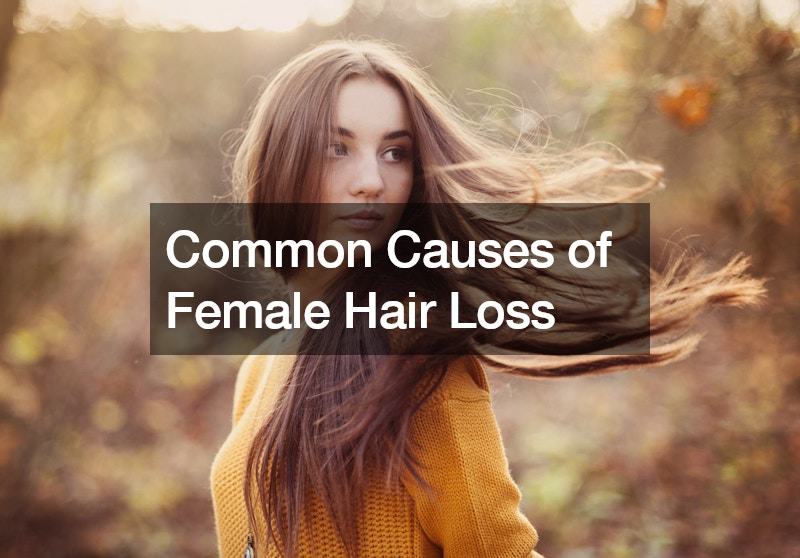Different factors may cause female hair loss, including hormonal changes, genetics, and medical conditions such as thyroid disorders. Consulting with a female hair loss specialist is important to identify the underlying cause and develop a personalized treatment plan. In addition, stress and nutritional deficiencies can exacerbate hair fall, emphasizing the importance of a holistic approach to hair restoration.
Hormonal fluctuations, specifically during pregnancy or menopause, can contribute to temporary or permanent hair loss in women. A female hair loss specialist can conduct thorough evaluations to identify hormonal imbalances and recommend suitable interventions.
Furthermore, certain medications and medical treatments may trigger hair thinning, necessitating guidance from a hair restoration specialist.
Genetic predisposition plays a significant role in female pattern baldness, with a family history of hair loss often influencing its onset and severity. Seeking guidance from a female hair loss expert can help manage expectations and explore available treatment options. Moreover, lifestyle factors such as excessive styling, tight hairstyles, and harsh chemical treatments can contribute to hair damage and subsequent loss.
Medical conditions such as alopecia areata and autoimmune disorders can result in sudden and severe hair shedding, requiring prompt attention from a hair restoration specialist. Collaborating with healthcare professionals can facilitate accurate diagnosis and appropriate management strategies. In conclusion, addressing female hair loss comprehensively involves consulting with a female hair loss expert, addressing underlying health issues, and adopting healthy lifestyle practices to promote hair health and vitality.
.




